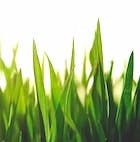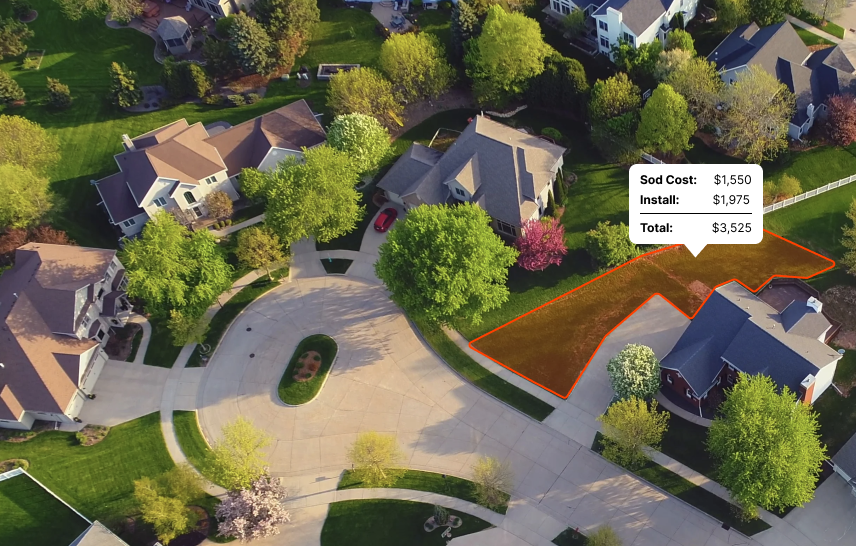Overall, it's important to choose grasses that are well-suited for Michigan's climate and growing conditions. With proper care and maintenance, a healthy and beautiful lawn can be achieved in this state.”
Introduction
Michigan has a humid continental climate, which means that the summers are warm and humid while the winters are cold and snowy. This climate affects the types of grass that can be grown there, as some grasses may not be able to tolerate extreme temperatures or moisture levels.
The grass zone in Michigan varies depending on the region, but it generally falls into the cool-season grass zone. This means that grasses that thrive in cooler temperatures, like perennial ryegrass or Kentucky bluegrass, are the best options for this state.
The best time to lay grass in Michigan is during the cooler seasons of spring or fall, as this is when the temperatures and moisture levels are ideal for grass growth. Laying grass during the summer may be more difficult due to the heat and increased water demands.
Overall, it's important to choose grasses that are well-suited for Michigan's climate and growing conditions. With proper care and maintenance, a healthy and beautiful lawn can be achieved in this state.
What are the best sod types for MI?
In the world of landscaping, not all grasses are created equal. Each thrives in a specific climate zone: cool, warm, or transition.
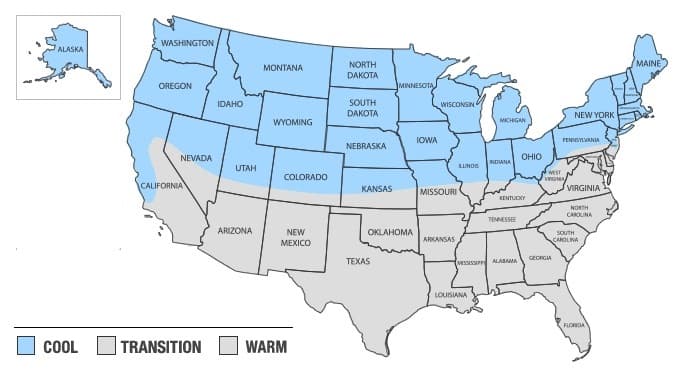
Michigan, with its cool season climate, prefers a particular set of grasses that relish the lower temperatures. The following sods are the easiest to grow and maintain in Michigan:
While it's possible to grow grasses meant for other regions with proper care, attention and timing, these are the most common grasses in Michigan for residential lawns.
Level Up Your Lawn Skills
Once per week we'll send you an interview from someone who has mastered the art of lawn care.
Recommended species for shade
Alright fellow Michiganders, we all know our state isn't always the sunniest, hence the importance of selecting the right shade-tolerant grass for our lawns. So, here are the champion contenders in the realm of shade-friendly sod.
First on our list is Fine Fescue. Known for its dark green, fine-bladed appearance, this cool-season grass tolerates shade like a champ. It only needs about 4 hours of partial sunlight, making it a perfect candidate for those densely wooded home landscapes.
Next up, we've got the hardy Kentucky Bluegrass. It's an industry favourite because, let's be honest, it's the Tom Brady of turf grass. This guy loves the chill of Michigan winters and tolerates moderate shade. It requires about 6 hours of sunlight a day, so if your lawn is semi-shaded, Kentucky Bluegrass is your go-to.
Now, let's talk about Tall Fescue. This bad boy's known for its deep roots and tolerance of droughts. Its claim to fame in the shade department isn't as strong as Fine Fescue, but if you're giving it about 4-6 hours of sunlight a day, it'll stick with you through thick and thin.
But maybe you're thinking, "I want a grass that's different, unique." Well, we've got you covered. Rye Grass can be your wildcard. Maybe you think of rye just for bread, but its grass cousin has some interesting qualities. Although it loves sun, it can still hold its own in shade with about 5-6 hours of light. It's got a beautiful, rich, green color that'll have your neighbors green with envy.
At the end of the day, successfully growing a lush, green lawn in Michigan's shady areas boils down to the balance between the right type of grass and its light requirements. Stay tuned as we dive deeper into each grass type and their specific needs. With us, you're one step closer to achieving that gorgeous lawn you always wanted!
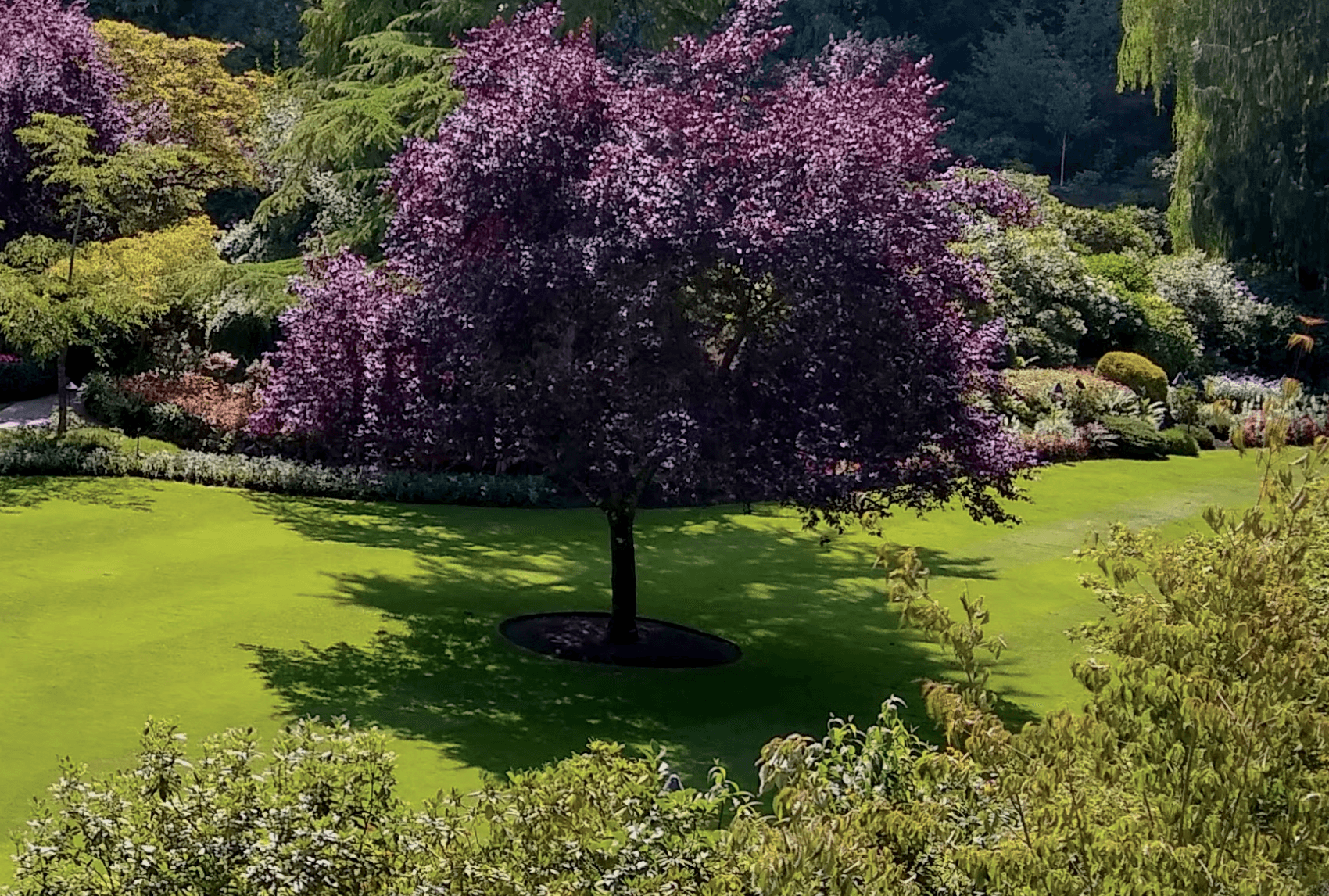
Recommended for full sun or partial sun
Choosing the right sod for your lawn depends heavily on the sunlight exposure in your yard. Different grass types have varying light requirements for optimal growth and appearance. Assessing whether your lawn receives full or partial sun is essential in selecting sod that will flourish and stay healthy in your specific environment.
Below are some sod options recommended for either full sun or partial sun conditions in MI:
| Grass Type | Sun | Good to Know |
|---|---|---|
| Tall Fescue | Partial | Tall Fescue is adaptable to a range of conditions, including partial sun, and is known for its deep root system and tolerance to drought. |
| Kentucky Bluegrass | Full | Kentucky Bluegrass prefers full sun and is prized for its fine texture, rich color, and ability to recover quickly from damage. |
| Perennial Ryegrass | Full | Perennial Ryegrass thrives in full sun and is known for its rapid germination, fine texture, and bright green color. |
| Fine Fescue | Partial | Fine Fescue is well-suited for partial sun and is appreciated for its fine texture, shade tolerance, and low maintenance requirements. |
What varieties stay green year-round?
As with anything agriculture related, there is some nuance to this question. There are many grasses that can stay green year round in but it depends heavily on your location within Michigan as well as any microclimates that may exist.
The following grasses have the ability to stay green year round in Michigan:
| Grass Type | Caveats |
|---|---|
| Tall Fescue | It typically stays green throughout the year in milder climates, given that it isn't overly stressed by heat or drought in the summer. |
| Kentucky Bluegrass | It can retain its green color for much of the year when well-maintained, though harsh winter temperatures can push it towards dormancy and a browner hue. |
| Perennial Ryegrass | It can stay vibrant and green throughout the year in many climates, unless conditions are extremely cold or dry. |
| Fine Fescue | It keeps its green color throughout the year in ideal conditions. If the winters are particularly harsh, it may lose some color. |
What is the best time to lay sod in Michigan?
Since it is considered a cool-season location, the ideal time to lay sod is in early spring or early fall. These periods offer moderate temperatures, leading to less stress on the sod and providing optimal conditions for root establishment before extreme temperatures of winter or summer. Avoid the summer, as high heat can stress the sod.
As you can see in the image below, you'll notice the most shoot growth (the grass above ground) and root growth in the spring and fall for cool season grases:
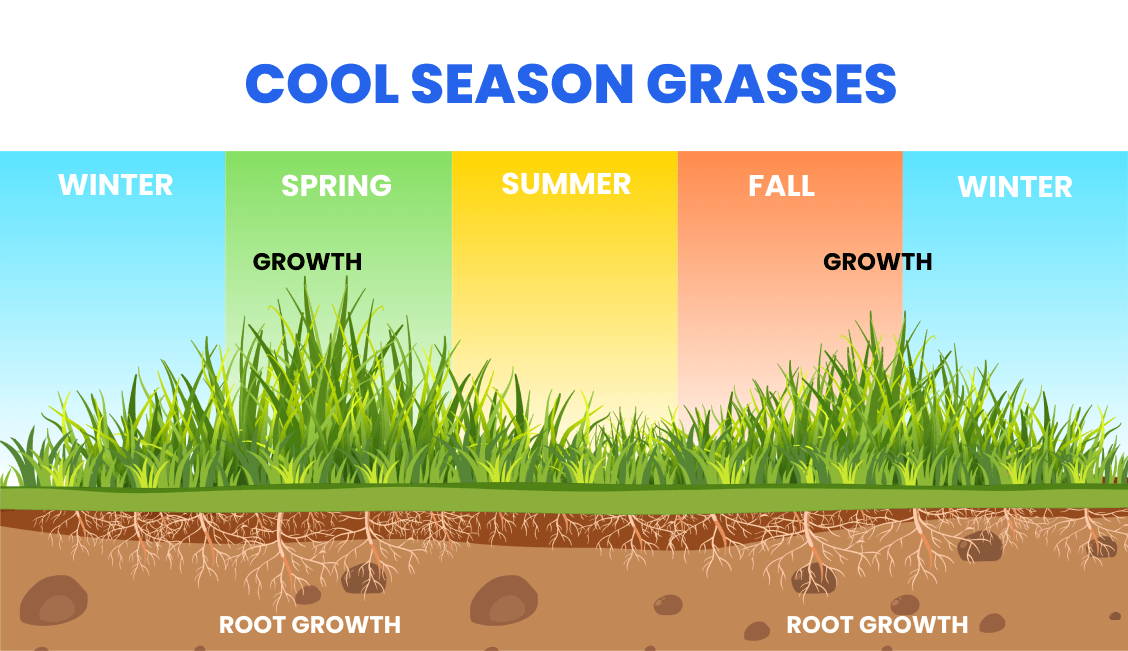
Find reputable companies for installing sod in MI
Here are the top problems you'll face when trying to get sod installed by a landscaping company:
- They're not transparent about pricing. You'll often get a quote that's way higher than you'd expect.
- They're hard to get ahold of on the phone or you'll reach out online but won't hear back.
- It's hard to pin them down for a specific date. Because you can only bring sod from the farm when there's decent weather, this causes some delays at times. It also has a short shelf life, so it's important to get it installed within a day or two of delivery.
We've done all the work for you. Click below to get a quote from one of the top installers in Michigan.
